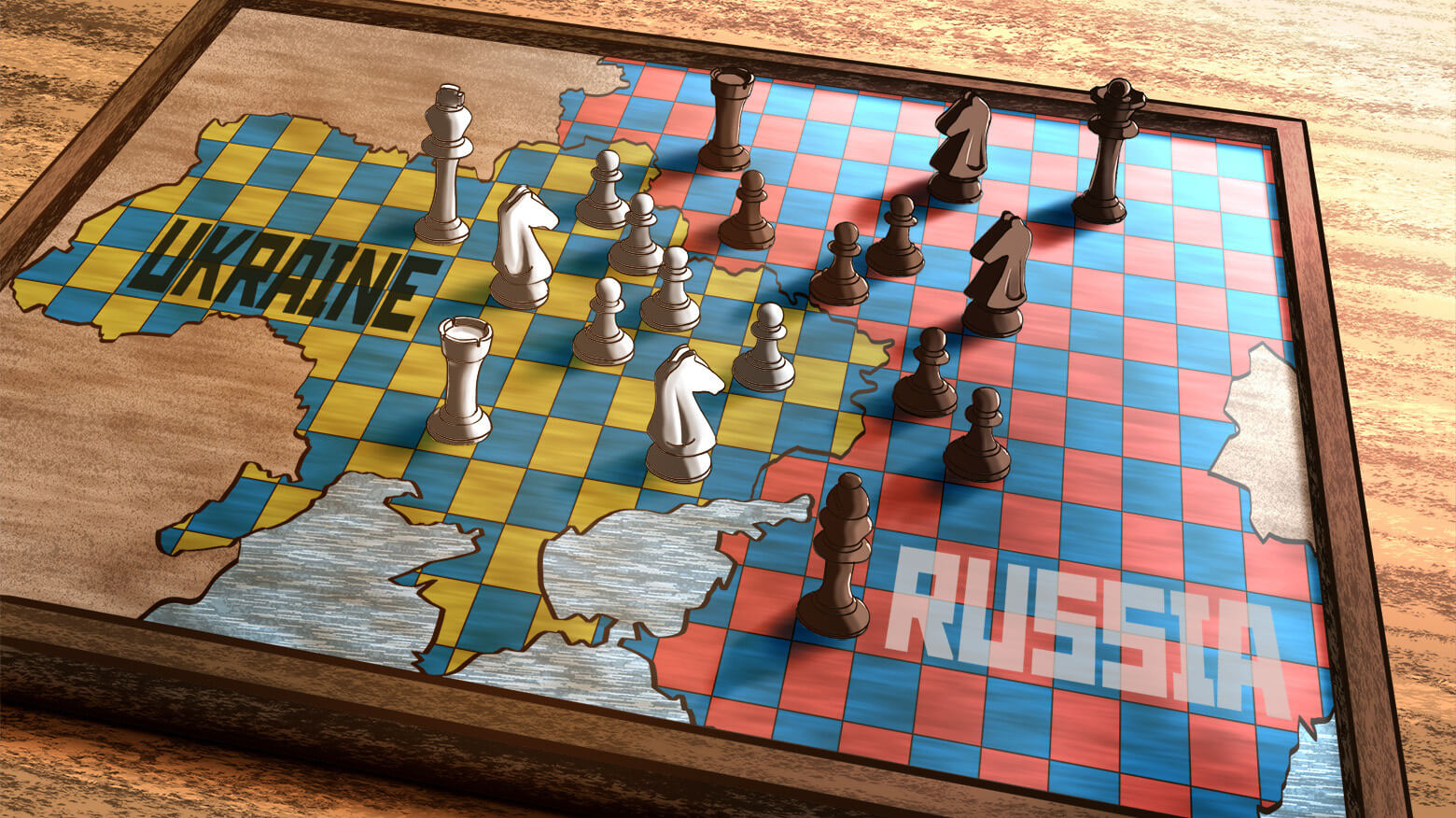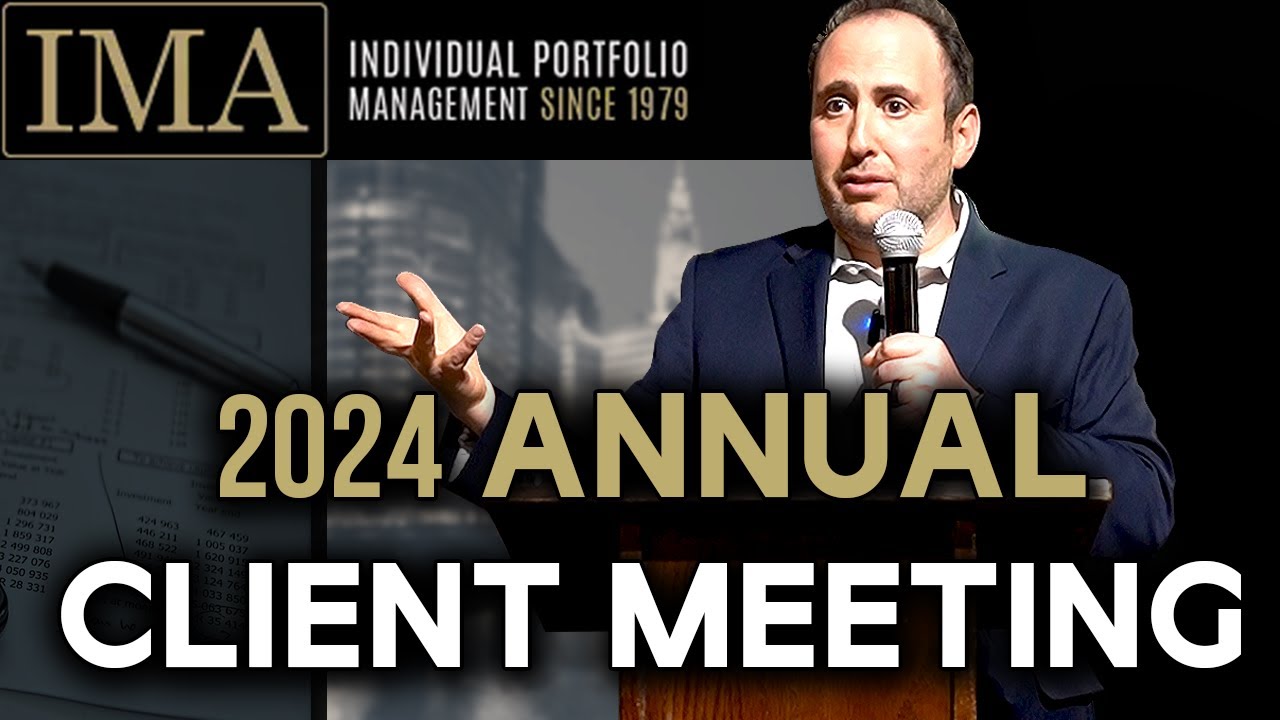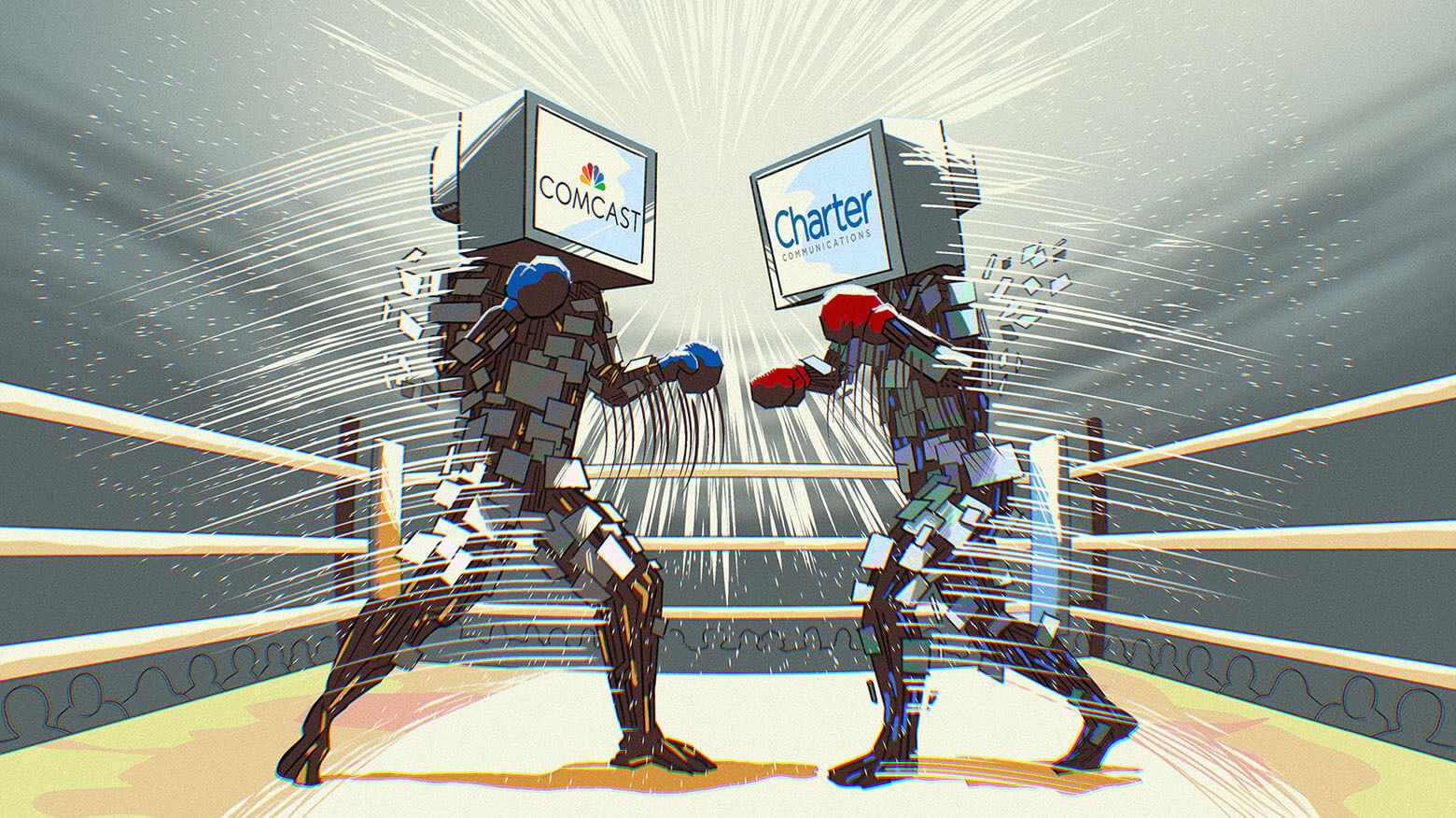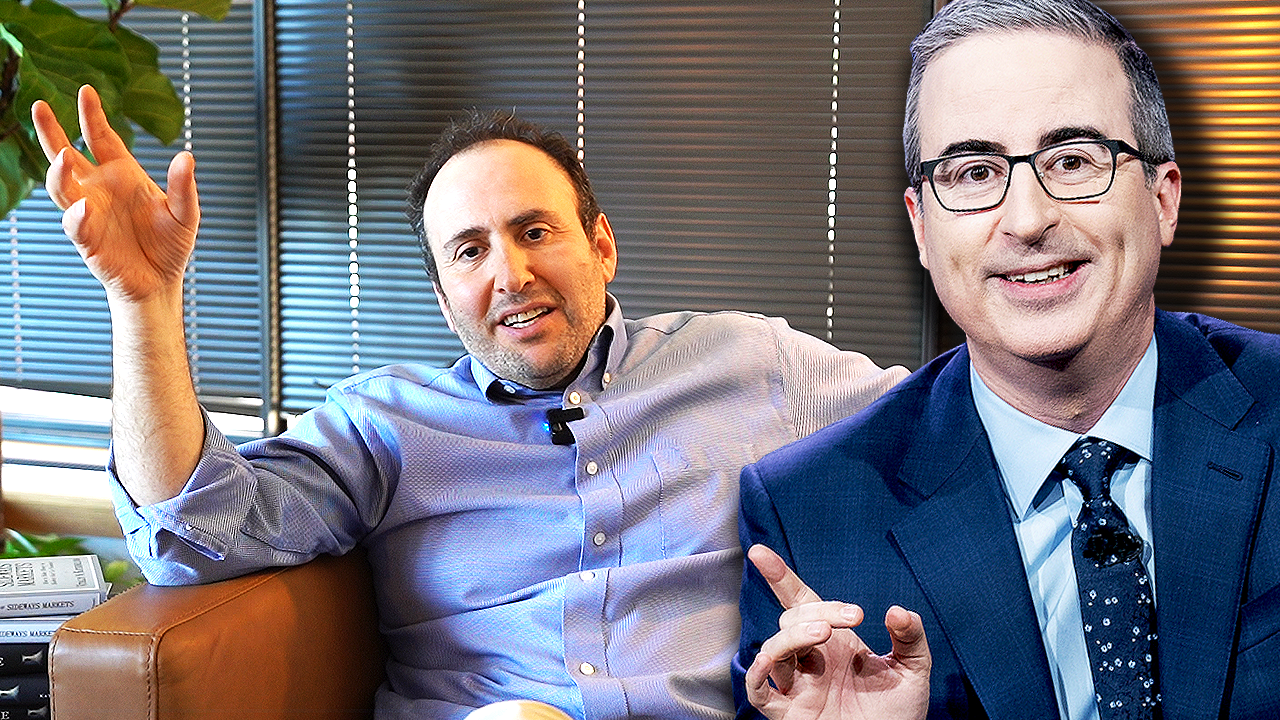I’ve been asked for my thoughts on the Russia-Ukraine conflict. Don’t let my Slavic first name or my Russian accent deceive you, my crystal ball on this topic is as clear as if my name was John and I spoke with a Texas drawl. I have spent the bulk of my life in the US, and any insights I have about what is going on in Ukraine have been acquired through simple curiosity about what is happening there. I will now offer analysis that I know may end up being completely wrong.
To understand the situation, we have to at least attempt to understand the Russian perspective. After the collapse of the Soviet Union, the US and Western allies made a promise to Russia that NATO would not expand its membership to countries that had borders with Russia. We bluntly broke this promise as Estonia, Latvia, and a dozen other countries in the vicinity joined NATO. In the US we are spoiled by our geography – we have two friendly neighbors on the north and south and two oceans on the east and west. We feel secure. Russia has a huge land border, which is very difficult to protect. Russia sees Ukraine joining NATO as a clear and present danger to its national security.
Russia’s annexation of Crimea and meddling in the Donbass region were instigated by the talk of Ukraine joining the EU. Though the EU is an economic union and not a military union, NATO seemed like a natural next step. Before you, dear reader, hasten to point out that Ukraine is an independent country and can do whatever it desires, just remember that Cuba was an independent country as well. The US, for understandable reasons, did not like Russian missiles staged 30 miles off its shores. It was ready and willing to invade Cuba for the sake of US national interests. Powerful countries put their interests above fairness. Yes, some countries are more equal than others. That is not right or fair, but it is a fact of life.
Despite everything I just said about Ukraine joining NATO, even if it was marginally on the table a decade ago, it has been off the table since the Crimea and Donbass disputes put Ukraine in violation of NATO Article 6, which states that before joining, countries have to settle their ethnic and territorial disputes. If joining NATO is off the table now, why is Putin threatening war with Ukraine? Because it is now or never. Oil prices are high. The world is distracted by the coronavirus. European dependence on Russian natural gas is at an all-time high. Putin may be thinking Biden is a weak opponent. It is now or never. Also, Putin’s popularity rating is far off its highs.
The only thing Russia has going for it is natural resources and its military. It doesn’t have many bargaining chips. That is what Ukraine is – a bargaining chip. Putin’s demands of the West are simply unattainable – he wants NATO to revert back to its 1997 borders, which basically means kicking Poland, Bulgaria, Hungary, the Baltic countries and a dozen others out. I am trying to get into the head of the great dictator here, and I think he knows this will not happen. Maybe he is thinking about asking for too much and then settling for less – perhaps the lifting of sanctions imposed after the annexation of Crimea, along with NATO signing a document promising not to ever allow Ukraine to join.
I think Putin is bluffing – Russia doesn’t want a full-blown invasion of Ukraine. It would result in endless guerilla warfare in Ukraine. The Russian army is superior to Ukraine’s, but there would be no victory in that war. Russia occupies Ukraine, and then what? Remember, there was not a single shot fired when Crimea was annexed. I’m not sure there is much support in Russia for this war, with images of the caskets of dead Russian soldiers paraded on television and social media.
What I am about to say is coming completely from the Russian perspective. (Ukrainians won’t agree with it, but I am sharing the Russian, not Ukrainian, point of view in this instance.) There is very little cultural difference between Russians and Ukrainians. They speak the same language (Ukrainians also speak Ukrainian, but they are as fluent in Russian as the Russians themselves). They have similar cultures. They even look the same.
It is unlikely that Russia will invade Ukraine, but not because of Western intervention. There is very little the West can do to Russia. Despite America making a promise to Ukraine after the Soviet Union collapsed to protect it if it relinquishes its nuclear weapons to Russia, Americans won’t go to war with Russia – a nuclear power – over Ukraine. Another promise lands in the pile called “broken”.
Europe is too dependent on Russian gas. Germany, in an act that is now almost universally considered as “idiotic brilliance,” shut down its nuclear power plants and thus became more dependent on Russian natural gas (I wrote about it here). This is why Germany is not sending weapons to Ukraine but 5,000 helmets instead.
The West has threatened to take Russia out of its SWIFT system, basically relegating the Russian banking system to the financial stone age. The Russian response was brilliant. Instead of responding with a threat, Russia countered with the following: Since the West is using SWIFT to pay for metals, gas and oil, if they turn it off, Russia simply won’t be able to deliver its natural resources to the West.
No, we are not on the foothill of World War III in Europe. My gut feeling is that a full invasion of Ukraine is unlikely. The West and Russia will reach a compromise, NATO will agree to not accept Ukraine, and the West will lift sanctions over time as Russia removes its troops from the border with Ukraine. The worst case is probably that Russia continues to conduct cyber attacks against Ukraine and conducts minor excursions into Ukrainian territory.
From an investment perspective, any armed conflict will likely send commodity prices higher. If this doesn’t push Europe to beef up its military, I don’t know what will. This is why we own US and European defense companies. (I wrote about that here). We also have some exposure to oil; I wrote before the pandemic our thinking on this topic, which hasn’t changed since then.










Dear Vitalyi, appreciate your point of trying to get a balanced view of what’s happening here, and being clear about your perspective. What triggered my comment is a couple of statements which are supposed to be facts but if you do a diligent check – they are not really. Then they become a bit of self-blaming (from US citizen perspective) with no clear grounds, which is only useful to the great dictator playing with the world, unfortunately.
1. After the collapse of the Soviet Union, the US and Western allies made a promise to Russia that NATO would not expand its membership to countries that had borders with Russia. 2. Despite America making a promise to Ukraine after the Soviet Union collapsed to protect it if it relinquishes its nuclear weapons to Russia […]
So, are there documents which are clear about the promises?- You may ask, what about Budapest memorandum (which is about the #2) which has been signed by Russia, US and UK in 1994, and already been broken by Putin in 2014 by annexing Crimea. However, there is a clear promise “to seek immediate United Nations Security Council action to provide assistance to Ukraine [..] if Ukraine should become a victim of an act of aggression or an object of a threat of aggression in which nuclear weapons are used.” so in case of nuclear threat only, and through UN, but not by involvement directly in the military conflict.
Source: http://www.pircenter.org/media/content/files/12/13943175580.pdf
#1 – no written commitments whatsoever, and this is why many soviet-occupied Eastern European and Baltic states were able to start their process with NATO (seeking protection from rebirth of post-soviet Russian empire) and joined it in 2004. Yes, there was an agreement on East-West Germany only (The agreement on not deploying foreign troops on the territory of the former GDR was incorporated in Article 5 of the Treaty on the Final Settlement with Respect to Germany, which was signed on September 12, 1990 by the foreign ministers of the two Germanys, the United States, Soviet Union, Britain and France.) with the rest of the Soviet bloc not discussed there at all. Because the actual de-sovietisation of the post soviet space was still in the making, and no one could imagine in 1990 that so many countries controlled by soviet army, KGB-likes and communist party would become free to make their choice.
Source: https://www.brookings.edu/blog/up-front/2014/11/06/did-nato-promise-not-to-enlarge-gorbachev-says-no/
https://www.rferl.org/a/nato-expansion-russia-mislead/31263602.html
Hope this helps to see a different perspective on the supposed grounds for Kremlin claims and the propaganda targeted towards naive West.
Can you please name some interesting european defense companies ?
Hey Vitaliy thank you for your perspective on the Russia-Ukraine situation. Each country has their sphere of influence, so Russia views a threat based on their history of invasions. My concern is Russia, China Iran, North Korea the “axis of evil” countries smell our country is in a bitterly tense divided social-political situation and are conspiring to take military action against a weak American president. Reminds me about Russian invasion of Afghanistan back in 1979.